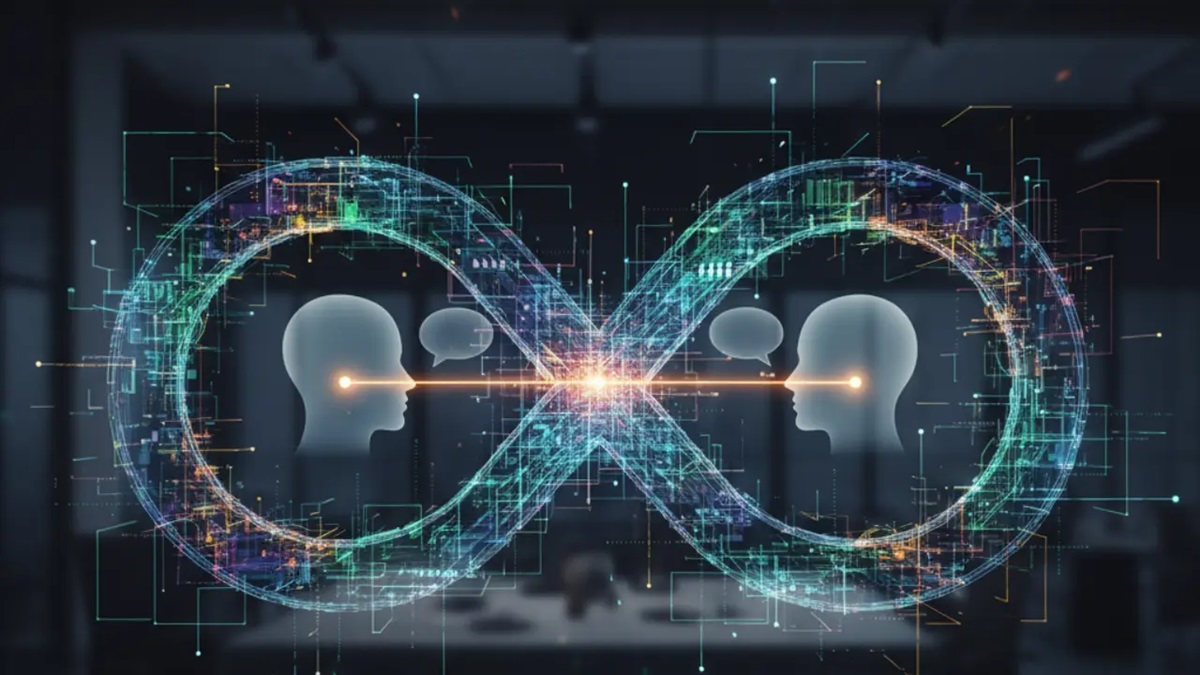Performance management is undergoing a once-in-a-generation transformation. The way we measure performance hasn’t kept up with how we actually work. As business cycles accelerate and hybrid work reshapes team dynamics, traditional annual reviews — often backward-looking and misaligned with daily work — no longer meet the needs of agile, innovation-driven organisations. Nearly all managers (95%) say they are dissatisfied with today’s performance management systems. And HR leaders agree, with 90% admitting that reviews rarely capture the real contributions employees make. That is why more and more companies are embracing Performance Management 2.0, a model that prioritises continuous feedback, real-time coaching, and growth mindsets. This shift toward real-time, AI-enabled performance management represents not a process tweak but a strategic redesign. With AI now integrated into HR systems, performance conversations are evolving into dynamic, data-driven exchanges that feel timely, personalised, and relevant.
Early adopters are seeing measurable gains: higher engagement, accelerated skill development, and improved business outcomes. The question is no longer if change is needed, but how to architect a system that drives both human and business performance. Why Change Now?
The case for change is strong. About 80% of employees today say they prefer ongoing feedback to annual reviews, according to PwC, and Gartner finds that companies adopting real-time systems experience up to a 14.9% increase in engagement. Deloitte’s 2023 research further highlights that organisations with data-driven performance models are more likely to achieve their business goals. This is where AI has begun to step in, closing gaps and enabling managers to coach more consistently.
AI is not replacing human judgement; it’s augmenting it. Smart integration of AI into HR systems is enabling:
1. Real-Time Feedback in Practice
AI and advanced analytics are making it possible to provide real-time insights into performance. Instead of waiting months for reviews, employees and managers can access immediate feedback that supports course correction and learning. At Unilever, for instance, AI-enabled continuous feedback systems now provide employees with real-time insights and recommendations. Managers don’t have to wait for year-end evaluations. They receive nudges to check in regularly, recognise contributions, and guide course corrections. The result is a feedback loop that feels immediate, relevant, and supportive. If one department were to trial AI-enabled feedback prompts, leaders could quickly assess whether collaboration improved, projects accelerated, or engagement scores rose. This real-time approach creates agility and strengthens the culture of learning across teams.
2. Personalising Growth Journeys
Beyond immediacy, the real promise of AI lies in personalised development at scale. Employees no longer settle for one-size-fits-all training. Companies like Adobe have adopted AI tools that map learning opportunities to an individual’s strengths, career aspirations, and performance patterns. This ensures development journeys feel not just achievable but also meaningful. For organisations, it translates into retention and productivity; for employees, it creates a sense of growth that aligns with personal ambition.
3. Embedding the Growth Mindset
The growth mindset — believing skills can be developed with effort and learning — has become central to modern performance culture. AI plays a critical role in reinforcing this by spotlighting opportunities for improvement rather than simply flagging weaknesses. Microsoft’s move to include AI tool usage, such as GitHub Copilot, as part of its performance frameworks illustrates this shift. Employees are encouraged to adapt, experiment, and evolve. Replacing numeric ratings with short-term, skill-based goals further strengthens this culture, creating conditions where people are more willing to take risks and innovate.
4. Making Development Inclusive
Another critical transformation is in accessibility. Historically, structured development opportunities were reserved for “high-potential” employees. Now, AI is levelling the field. Shopify, for example, asks managers to justify new hires only if AI cannot perform the task — embedding adaptability and growth opportunities across the workforce. Meanwhile, LinkedIn Learning reports that personalised feedback and training significantly enhance engagement, underlining the value of democratising access to development. Inclusivity, once a nice-to-have, is becoming a defining feature of high-performing cultures.
All of the above are leading to building a feedback mechanism that works as a two-way conversation:
Performance management is also becoming more collaborative. Feedback is no longer a one-way verdict from managers; it is a continuous dialogue. Employees are encouraged to seek input, share perspectives, and co-own their growth. Early experiments, such as the AI agent tAIfa tested in 2025, show how feedback drawn from team communication patterns can improve collaboration and trust. However, success here depends on psychological safety. Employees must feel confident that feedback exists to support, not penalise. Where trust is built, feedback evolves from a source of anxiety into a driver of engagement and innovation.
Beyond Reviews: Engineering Human Performance
The larger story is that performance management is no longer just about reviews. Deloitte’s 2025 Human Capital Trends report urges leaders to think about “engineering human performance”, integrating feedback systems with culture, leadership practices, workplace design, and human outcomes. The rise of agentic AI—systems that can sense, decide, and act—signals a new era of proactive performance management. Yet human oversight remains essential, ensuring that fairness, empathy, and context guide data-driven decisions.
The business case is undeniable. AI is projected to unlock $4.4 trillion in global productivity, yet only one percent of organisations consider themselves at maturity in adopting these tools for performance management. Those who experiment now—whether through real-time pilots, personalised growth paths, or inclusive access to learning—will not only retain their best people but also build agility and resilience.
Performance Management 2.0 is already here, unfolding in organisations bold enough to replace judgement with guidance, annual reviews with continuous feedback, and exclusivity with inclusion. The future belongs to leaders who act now. The question is simple: what will your first experiment look like?




















